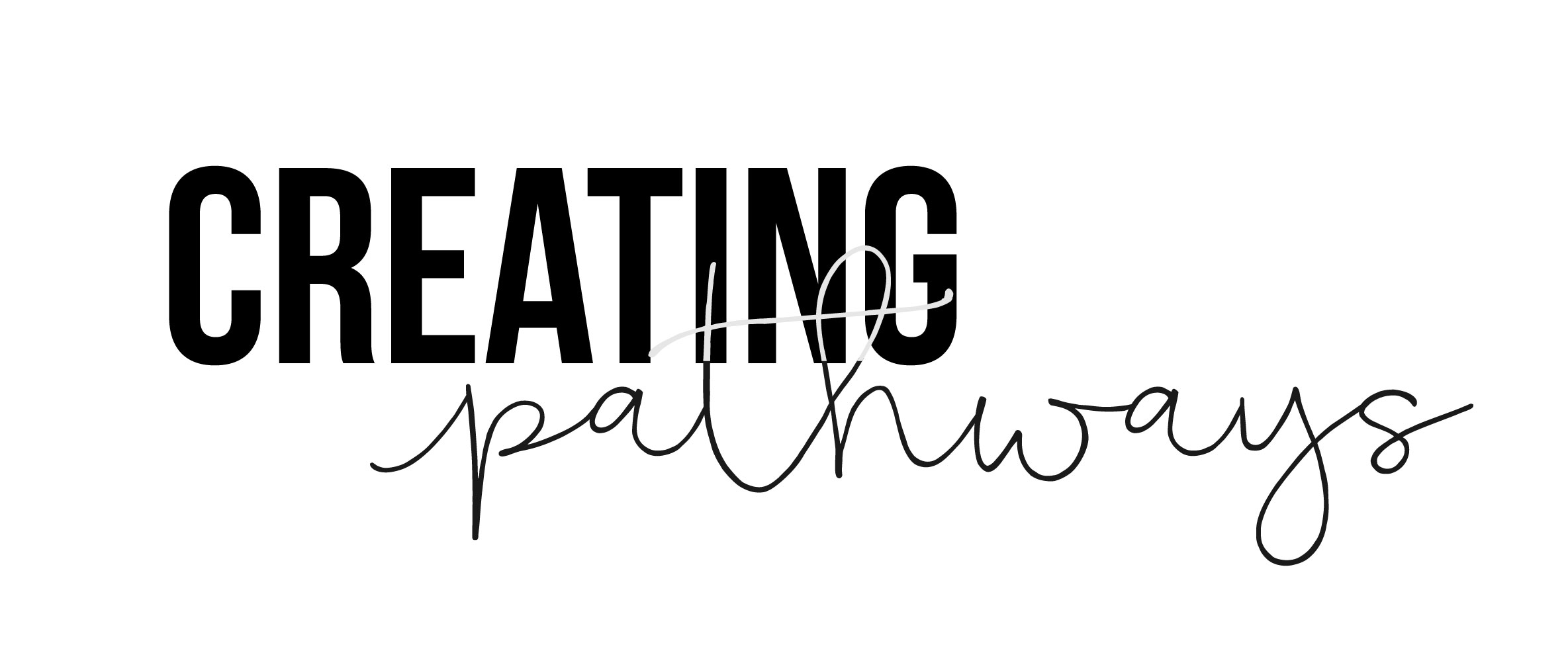Psychotherapy and counselling
There are many reasons why one would wish to seek psychotherapy and/counselling and often it is through this process that a deeper understanding of self is achieved. Often referred to as 'talk therapy' psychotherapy and counselling can be an extremely enriching and life changing experience that encourages and supports the individual to make the changes in their life that they are seeking.
Somatic Experiencing
Somatic Experiencing is a body-oriented approach to the healing of trauma and other stress disorders. Somatic Experiencing is based on the idea that traumatic experiences cause dysfunction in a person’s nervous system and prevent them from processing the experience. This approach focuses on experiencing the ‘felt sense’ in the present moment to relieve the physical, emotional and physiological effects of post traumatic stress disorder and other stress and trauma-related health problems.
Psychedelic Integration Therapy
Psychedelic Psychotherapy is currently going through a renaissance and despite the fact that psychedelic assisted psychotherapy is illegal, people still see seek psychedelic experiences at their own risk for their own personal growth and to gain insights in how to better improve their lives. Psychedelic integration therapy provides individuals with a safe space to talk through and explore their psychedelic experience.
art therapy
Art therapy is a beautiful form of therapy for the creative soul or for those who struggle to communicate effectively through language. Using art as a medium of expression can result in bringing what lies unconsciously into one's conscious experience. This modality is perfect for the young, for adolescents and also for the elderly. That is not to say that adults can't benefit from the powers of art therapy as any individual can most certainly discover hidden meanings through the power of art therapy.














